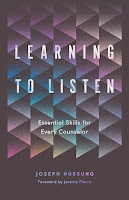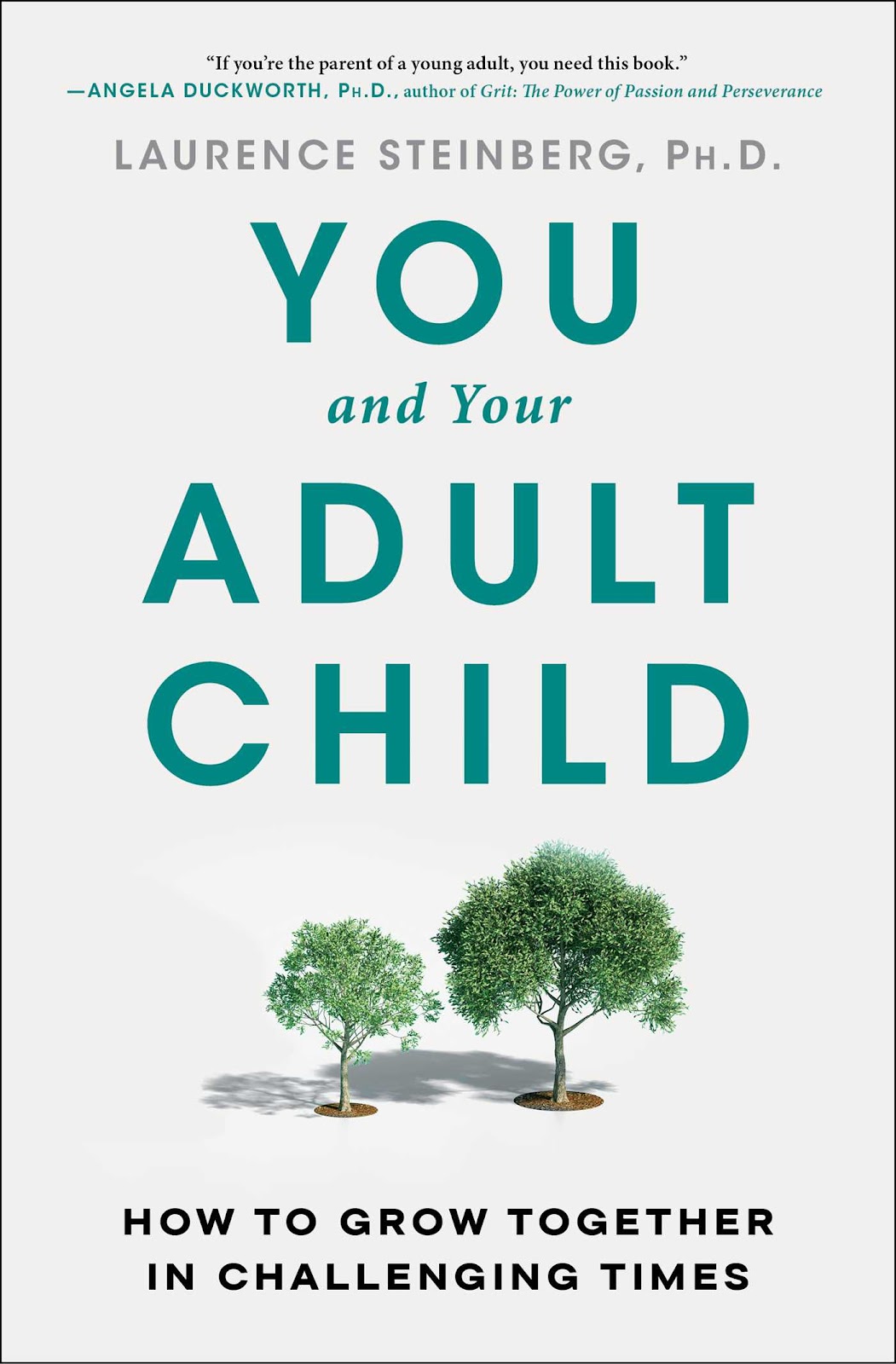This small volume is divided into two main parts. The first tells of Frankl’s experiences in German concentration camps during WWII. The second is called Logotherapy in a Nutshell, and provides a summary of his existential approach to psychotherapy. Both are under 100 pages, but are packed full of narrative and insight.
As the years increase since WWII and the horror of that history fades, it seems even more important to ensure these accounts remain shared and available. Frankl spent over three years in Auschwitz, Dachau and other concentration camps. As with all such stories, there is horror and mundanity, as well as cruelty and kindness. Years of toil, hunger, and sickness surrounded by constant death. Yet, also moments of love, support and care. His account focuses more on how he and others responded to imprisonment, how people coped or not, and how people’s characters were evident. It’s not so much an orderly account, but rather a series of impressions and reflections. He concludes:
“But for one of the liberated prisoners, the day comes when, looking back on his camp experiences, he can no longer understand how he endured it all. As the day of his liberation eventually came, when everything seemed to him like a beautiful dream, so also the day comes when all his camp experiences seem to him nothing but a nightmare. The crowning experience of all, for the homecoming man, is the wonderful feeling that, after he has suffered, there is nothing he need fear any more – except his God.”Frankl was already an experienced psychiatrist when he was sent to the camps. Unsurprisingly, his observations greatly impacted his thinking about humanity and where people find meaning. This led to a whole school of psychotherapy (logotherapy) that explored a person’s search for meaning as a central motivational force. He posited that people need a purposeful goal, something that provides a reason to continue, and enables one to endure suffering. As Nietzsche said, “He who has a why to live for can bear almost any how.”
The question of overall meaning is important for many - what am I here? What is the purpose of life? Yet Frankly pushes this further, noting that people need more than that, they need specific meaning at a given moment:
“One should not search for an abstract meaning of life. Everyone has his own specific vocation or mission in life to carry out a concrete assignment which demands fulfilment… Thus, everyone's task is as unique as a specific opportunity to implement it.He suggests that we can discover meaning in three different ways:
- creating a work or deed
- experiencing something (such as goodness, truth & beauty) or encountering someone (by loving them)
- the attitude we have towards unavoidable suffering
“When a patient stands upon the firm ground of religious belief, there can be no objection to making use of the therapeutic effect of his religious convictions and therefore drawing upon his spiritual resources.”This little book has numerous observations that may be more interesting to those working in the therapeutic space. Yet, there is also a wider appeal, as Frankl explores humanity and a reality that’s rarely examined today.
“A human being is not one thing among others; things determine each other, but man is ultimately self determining. What he becomes – within the limits of endowment and environment – he has made out of himself. In the concentration camps, for example, in this living laboratory and on this testing ground, we watched and witnessed some of our comrades behave like swine while others behave like saints. Man has both potentialities within himself; which one is actualised depends on decisions but not on conditions.A moving and insightful read.
Our generation is realistic, for we have come to know man as he really is. After all, man is that being who invented the gas chambers of Auschwitz; however, he is also that being who entered those gas chambers upright, with the Lord's Prayer or the Shema Yisrael on his lips.”





























